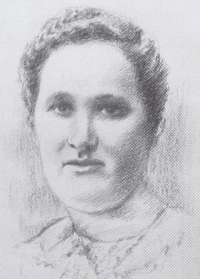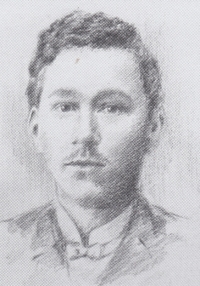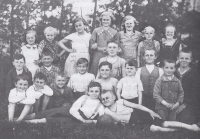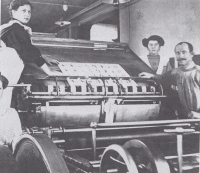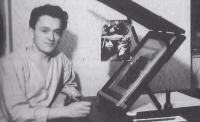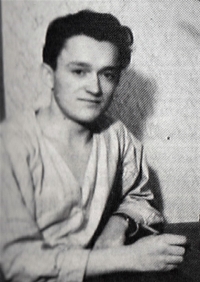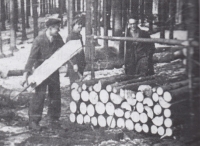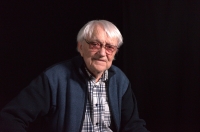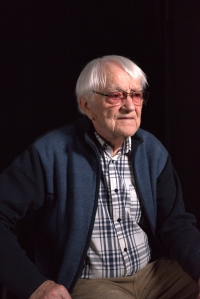He saw Silver A radio operator Jiří Potůček fleeing the gestapo, zigzagging through reeds
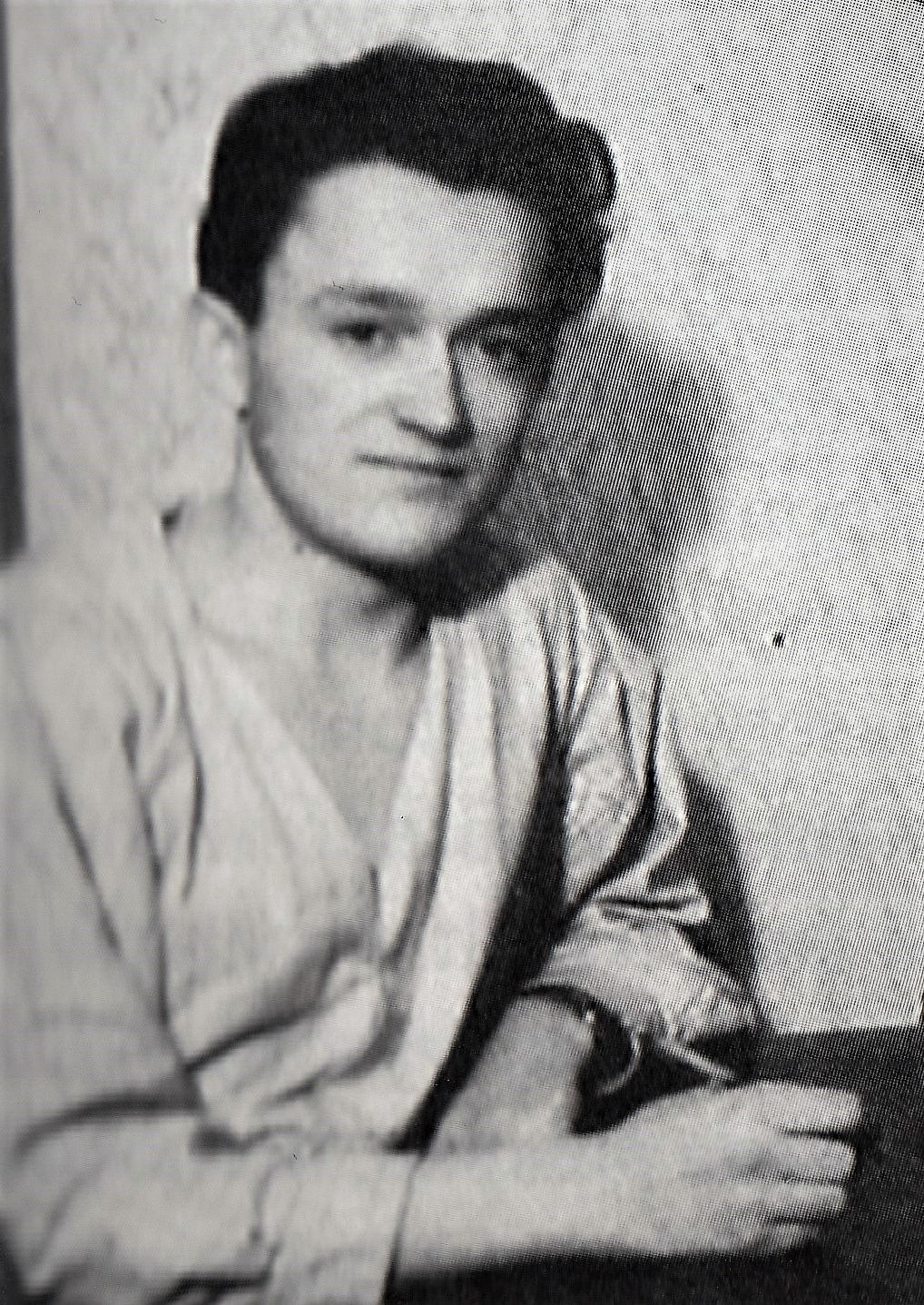
Download image
Josef Pinkava was born on 5 November 1927 in Končiny in Horní Hradec, which is part of the Zábrodí municipality nowadays. His father was an orphan from a shepherd’s cabin, and his mother also lost her father at a young age. The young family lived a rather poor life. The situation was the worst during the crisis years. His father, a trained bricklayer, wove textiles at night after work to make ends meet. Before the World War II burst out, the witness’s father made his living building the anti-Nazi fortifications in Slavíkov. In 1942, the witness accidentally saw radio operator Jiří Potůček on the run after hiding from the gestapo in Končiny. Until the end of the war, he worked in the forest with a group of friends and tried to sabotage timber supplies to the Wehrmacht. After the war, he left for Prague in spite of his parents’ opinions to study graphic design and started working part time as a graphic designer to make his living. He gained valuable working experience and returned to his native region in 1956. He helped save unprosperous print shops in Nové Město nad Metují and Velký Šenov. This task included remedying Czech-German relationships at the plants. In the 1960s, he began process collaboration with decorative artist Vojtěch Kubašta. The famous pop-up (‘spatial’) fairy tale books were printed in Velký Šenov, primarily intended for export to western countries. Following the Warsaw Pact armies’ invasion of Czechoslovakia, the entire plant was actively involved in printing and distributing anti-occupation leaflets. In 1969, Josef Pinkava did not sign the statement to the effect that he agrees with the leading role of the CPC and with the entry of the armies, and communists kicked him out of the print shop and prevented him from working in the field. Thanks to his friends, he made living with occasional graphic design jobs. His two children, Kateřina and Ivan, were repeatedly banned from admission to university due to their cadre profile. Following the Velvet Revolution, the witness was unhappy about the privatisation of printing operations. He continued working in graphic design and original art, organised benefits for the needy, and released books about his native region. He and wife Marie were living in Červený Kostelec in 2023.
